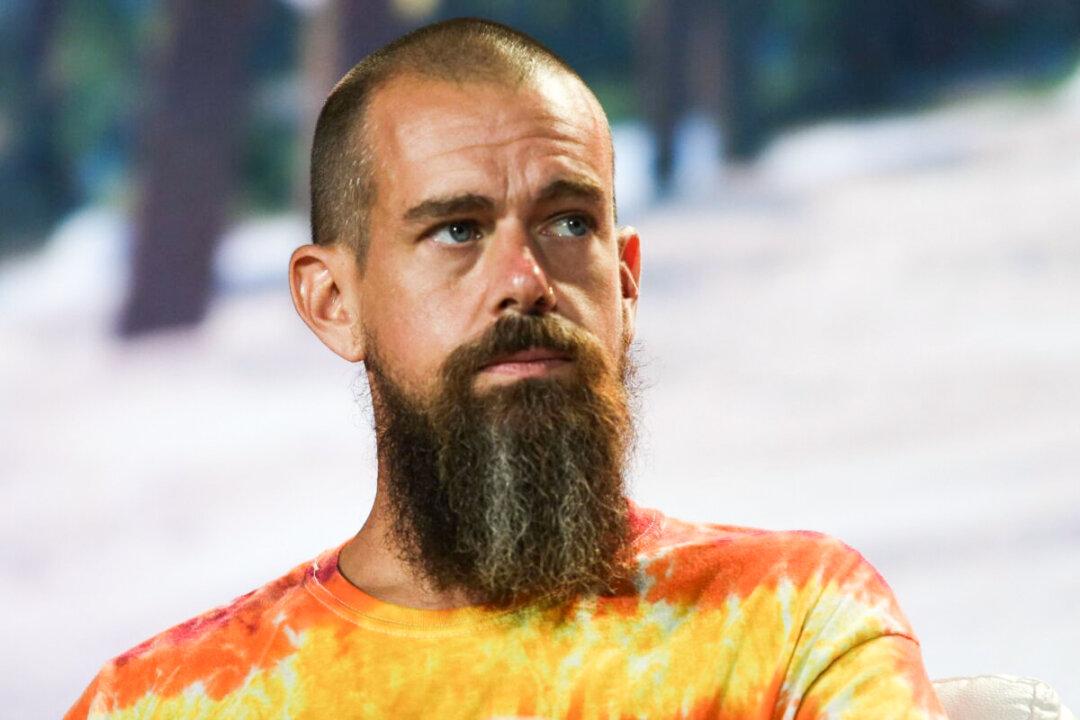Former Twitter CEO and co-founder Jack Dorsey has said he is “partially to blame” for the centralization of the internet while revealing his regret for having done so.
Dorsey took to Twitter on April 2 where he made the comment, writing that the “days of usenet, irc, the web…even email (w PGP)…were amazing. centralizing discovery and identity into corporations really damaged the internet.”




